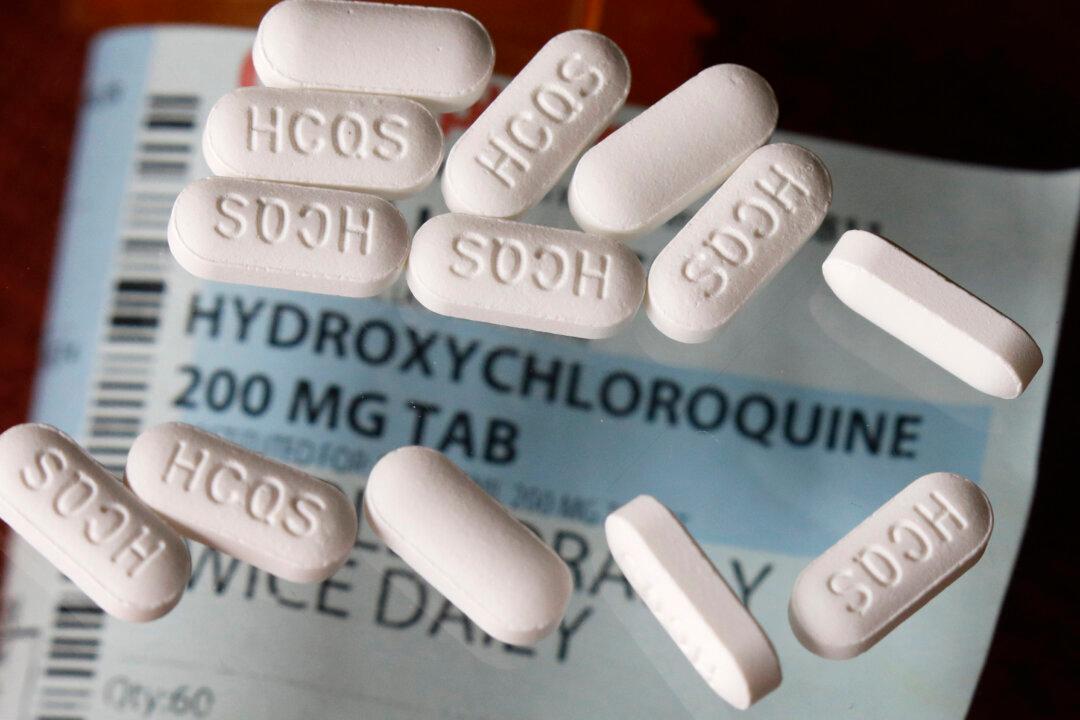A top journal retracted a study on hydroxychloroquine that attracted worldwide attention—prompting the suspension of multiple trials—after three researchers admitted they couldn’t vouch for the data used.
Researchers conducting the observational study claimed to have medical records of nearly 100,000 patients who took hydroxychloroquine or the closely related chloroquine. The four researchers said their analysis showed a higher mortality rate in COVID-19 patients who took the drug when compared with those who didn’t.





